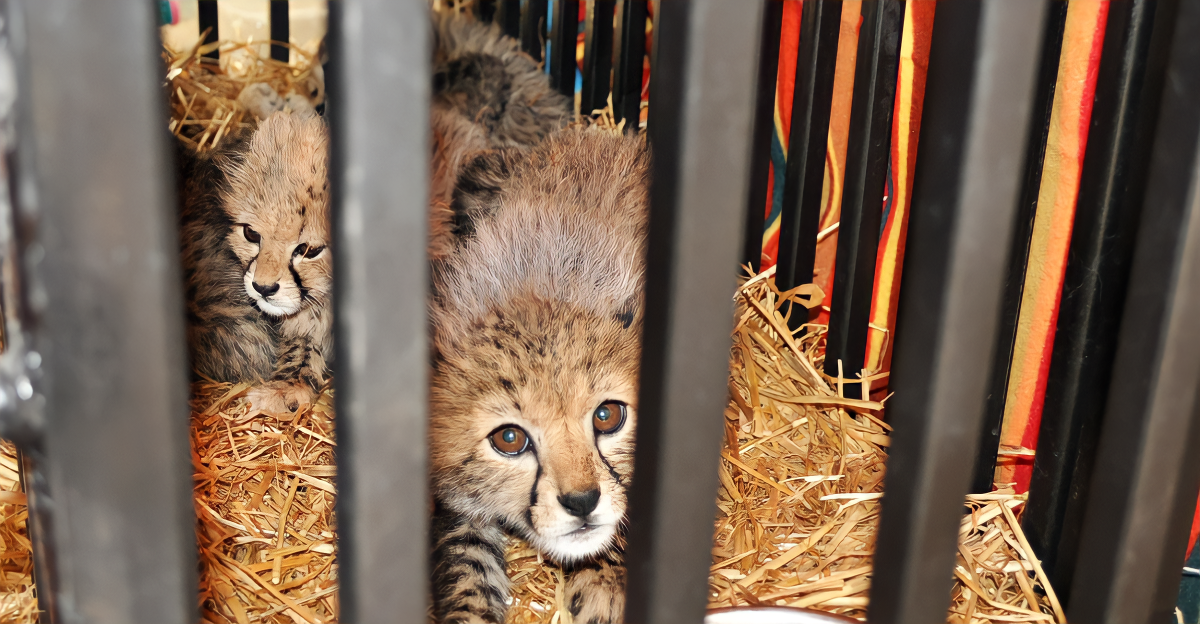
Poaching is no longer just about guns and traps—it’s happening online, in real-time, using technology that was supposed to protect animals. Poachers are hacking GPS trackers, stalking wildlife on social media, and making deals on the dark web. Conservationists are scrambling to keep up, but right now, the bad guys are winning. How? Let’s get into it.
GPS Trackers—Meant to Help, Now Used to Hunt

Scientists use GPS collars to track endangered animals, but cyber-poachers? They’re hacking those same systems to pinpoint an animal’s exact location, making poaching as easy as ordering a pizza. In India, officials found that Bengal tigers were being tracked by hackers, allowing poachers to move in before conservationists even knew what was happening.
Social Media

Forget shady back alley deals, poachers are selling endangered species on Facebook, Instagram, and WhatsApp. A few clicks, a private message, and you can buy illegal ivory, rhino horns, or live exotic pets. Conservationists keep shutting down accounts, but for every one taken down, ten more seem to pop up.
Wildlife Trafficking—Now Run by Global Crime Syndicates
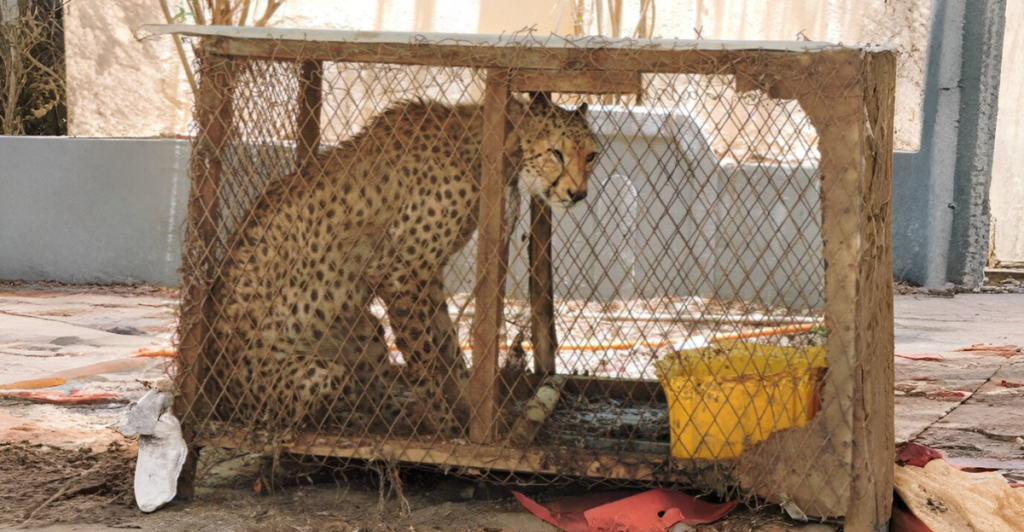
This isn’t just some guy sneaking a baby monkey out of the jungle. Wildlife trafficking is a $20 billion-a-year business—run by the same crime networks involved in drug smuggling and human trafficking. These organizations are using high-tech encryption, cryptocurrency, and anonymous online marketplaces to make their illegal trade completely untraceable.
Conservationists Are Being Outplayed

For years, conservationists have relied on tracking collars, remote cameras, and online databases to protect animals. But guess what? Poachers are now using those same tools to find and kill them. Until data security catches up, every tracking device meant to protect an animal could be a death sentence.
Governments Are Trying—But It’s Not Enough
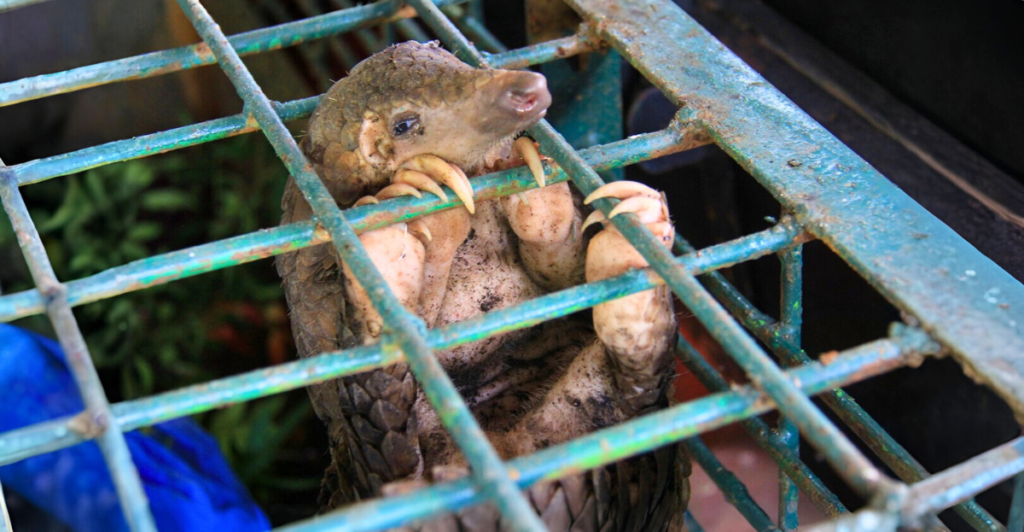
Wildlife crime is finally getting international attention, with Interpol and the UN cracking down on cyber poaching networks. But let’s be real: poachers move faster than governments do. Without better cooperation between law enforcement, tech companies, and conservationists, cyber-poaching isn’t going anywhere.
Tech Giants Are Finally Stepping In

Companies like Google, Meta, and TikTok are being forced to clean up their platforms. The Coalition to End Wildlife Trafficking Online is pressuring them to crack down on illegal sales. But enforcement is weak, and wildlife traders keep finding loopholes. If tech giants really cared, they’d do a lot more.
Want to Help? There’s an App for That
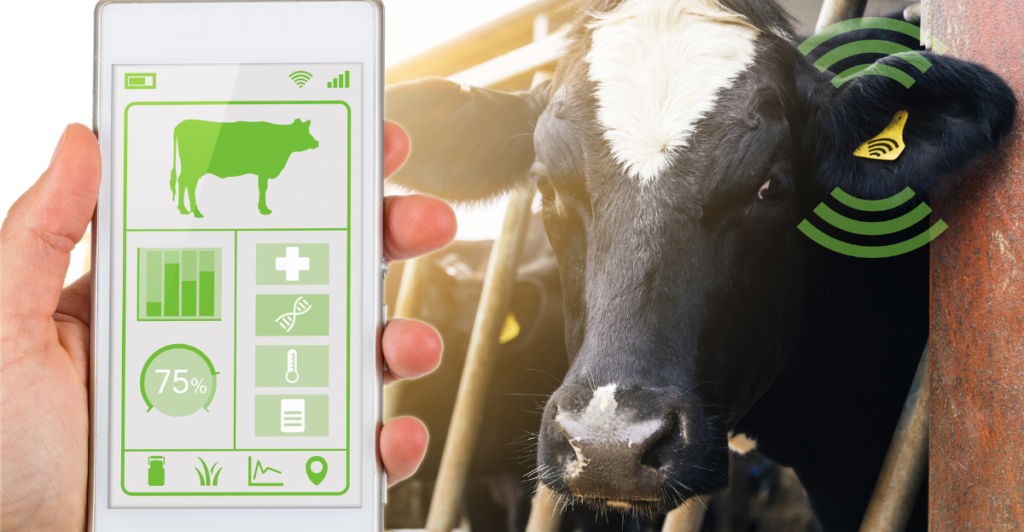
Turns out, regular people can help fight cyber-poaching. Programs like Wildlife Cyber Spotter train volunteers to scan social media for illegal animal sales. If you’ve got a laptop and an internet connection, you can actually help shut down online wildlife trafficking.
Poaching Laws Are Too Weak—And Poachers Know It
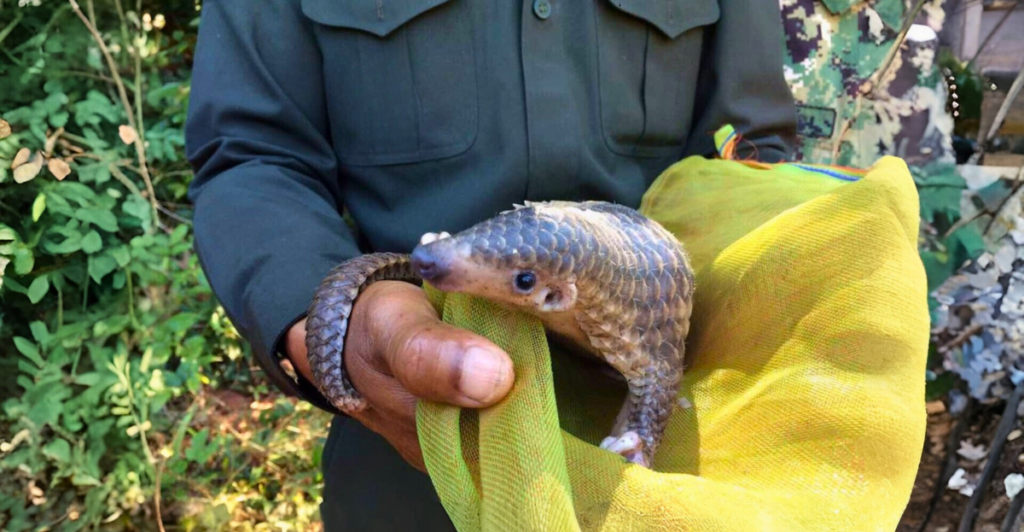
Even when poachers get caught, they often walk away with a slap on the wrist. The world needs tougher cybercrime laws to make online wildlife trafficking as serious as drug smuggling or human trafficking. Right now, the risks are low, and the profits are too high to resist.
Secure Data or Dead Animals—Those Are the Choices
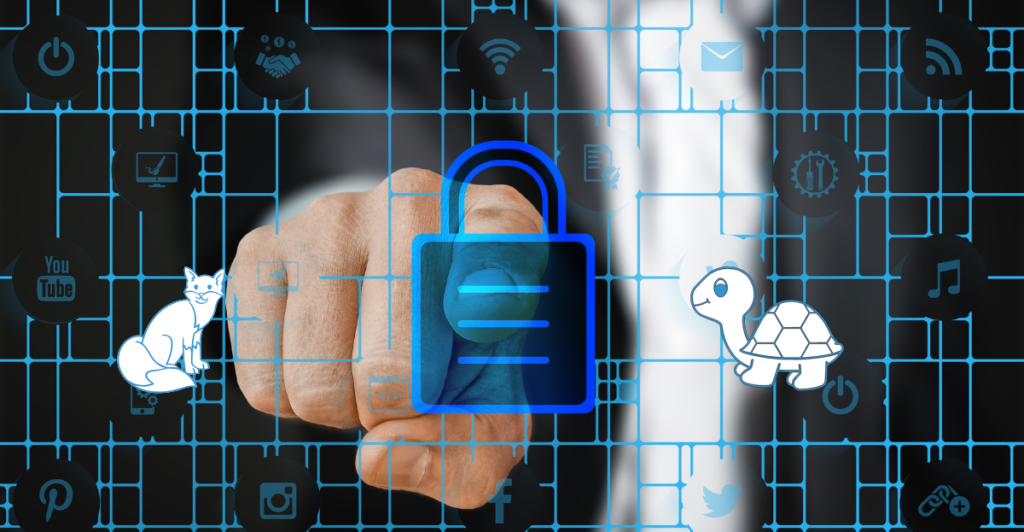
Wildlife data needs to be as secure as a bank vault. If poachers can hack into tracking systems, animals might as well have targets on their backs. Stronger encryption, secure servers, and controlled access are essential, or else conservation tech will do more harm than good.
People Don’t Realize They’re Supporting This

Ever bought a souvenir made from ivory or exotic leather? Ever shared a viral video of a “cute” wild animal in someone’s backyard? Congrats, you might’ve just fueled the illegal wildlife trade. Spreading awareness and stopping demand are just as important as catching poachers.
There Have Been Wins—But They’re Not Enough
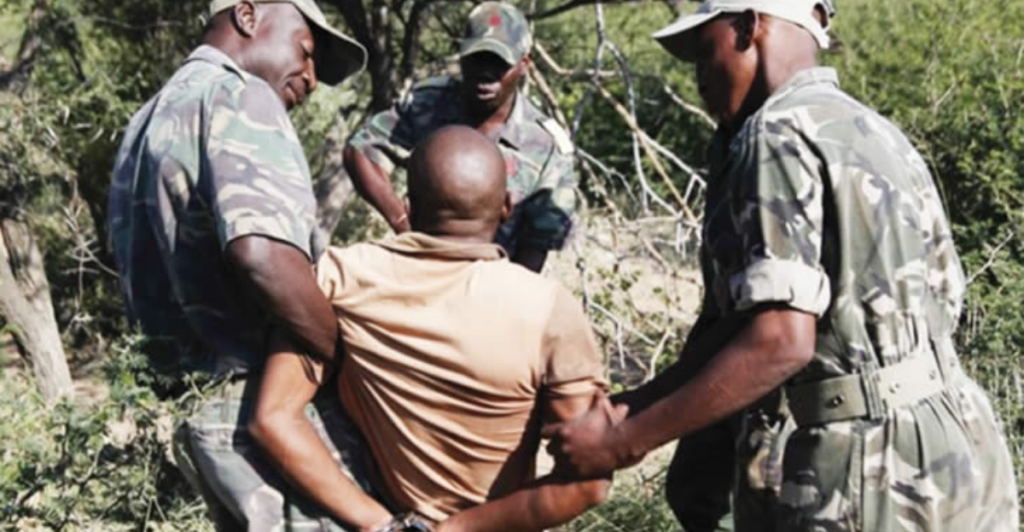
Authorities have busted cyber-poaching rings and seized illegal wildlife shipments. But for every operation shut down, two more spring up. As long as there’s money to be made, cyber-poaching will keep evolving. The only way to stop it? Make it harder, riskier, and more expensive than ever before.
The Big Question—Are We Going to Let This Happen?

Right now, cyber-poaching is ahead of law enforcement, conservationists, and tech companies. We either step up and fight back with better laws, better technology, and more public action, or we watch endangered species get picked off one by one, from behind a screen.
Explore more of our trending stories and hit Follow to keep them coming to your feed!

Don’t miss out on more stories like this! Hit the Follow button at the top of this article to stay updated with the latest news. Share your thoughts in the comments—we’d love to hear from you!







